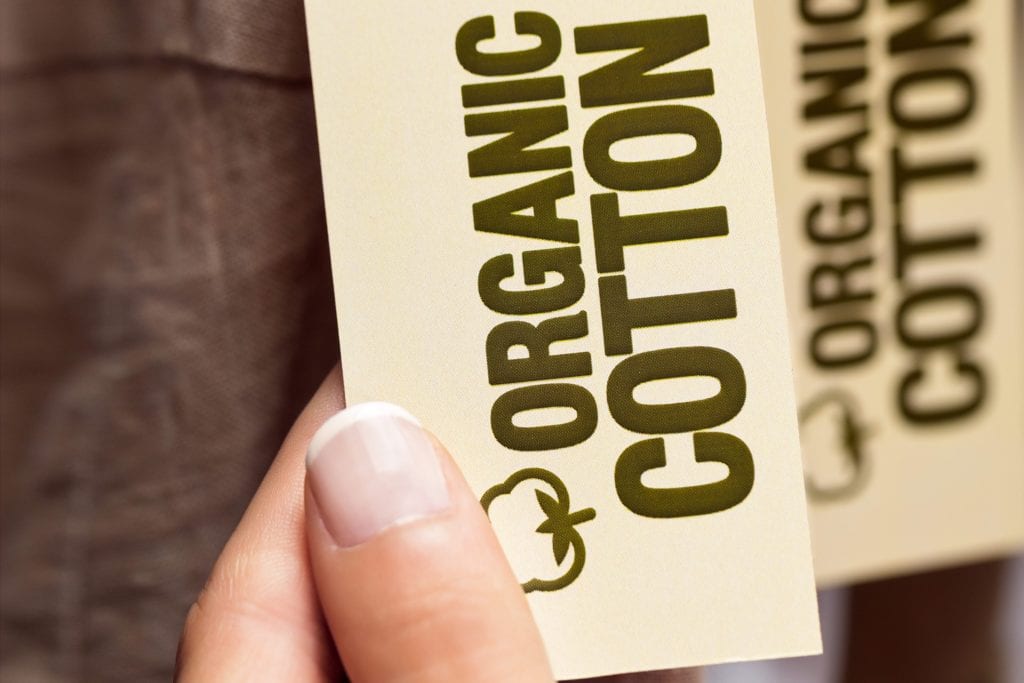Take a look in your closet and chances are that you will discover that the majority of it is made from cotton. Most people look at cotton and think – hey, that’s sustainable….right? Wrong. While cotton is a great and breathable material that we all love to wear, the environmental implications go much deeper than we may think. Sure, cotton is naturally sourced technically and isn’t man-made, but we forget at times that lots of resources go into producing just one piece of clothing. For cotton, simply thinking about the crop itself isn’t enough and it’s actually proven to be harmful to the environment and for the farmers who depend on cotton production to provide for their families. Just in Maharashtra last year, 32 hectares of cotton crop was demolished by a pink bollworm attack, which even genetically modified cotton doesn’t protect.
Even organic cotton, which we’ve seen a lot of brands sporting for marketing reason, can be even worse for the environment than regular cotton. For starters, organic cotton simply means that certain pesticides aren’t used and the cotton seeds are not genetically modified. Based on a study by Cotton, Inc, a cotton t-shirt that is made from conventionally grown cotton takes around 290 gallons of water to produce, whereas an organic cotton t-shirt utilizes around 660 gallons of water. Why is this? Because conventionally grown cotton is genetically modified, it produces more crop in a smaller parcel of land. With organic cotton, one has to plant way more crop, thus leading to an increase in the amount of land that needs to be watered and tended to.

So what’s the alternative?
Fabric that is made out of the likes of bamboo, eucalyptus, and hemp are all the rage. Bamboo doesn’t need any pesticides and is one of the fastest growing plants. Hemp is also resistant to pests, eliminating the need for the plant to be sprayed with harmful chemicals. As for eucalyptus, the plant itself acts as a 100% organic and natural insecticide and Lyocell, the eucalyptus fabric that is made by Tencel, can be reused and is biodegradable.
Cotton is great, but there is more we can do to protect our environment through these other materials. When it comes to sustainability, we’ve got to be more creative and think of better solutions than just labeling something as “organic” and saying our part is done.
Keep giving in style!
Team SFD





